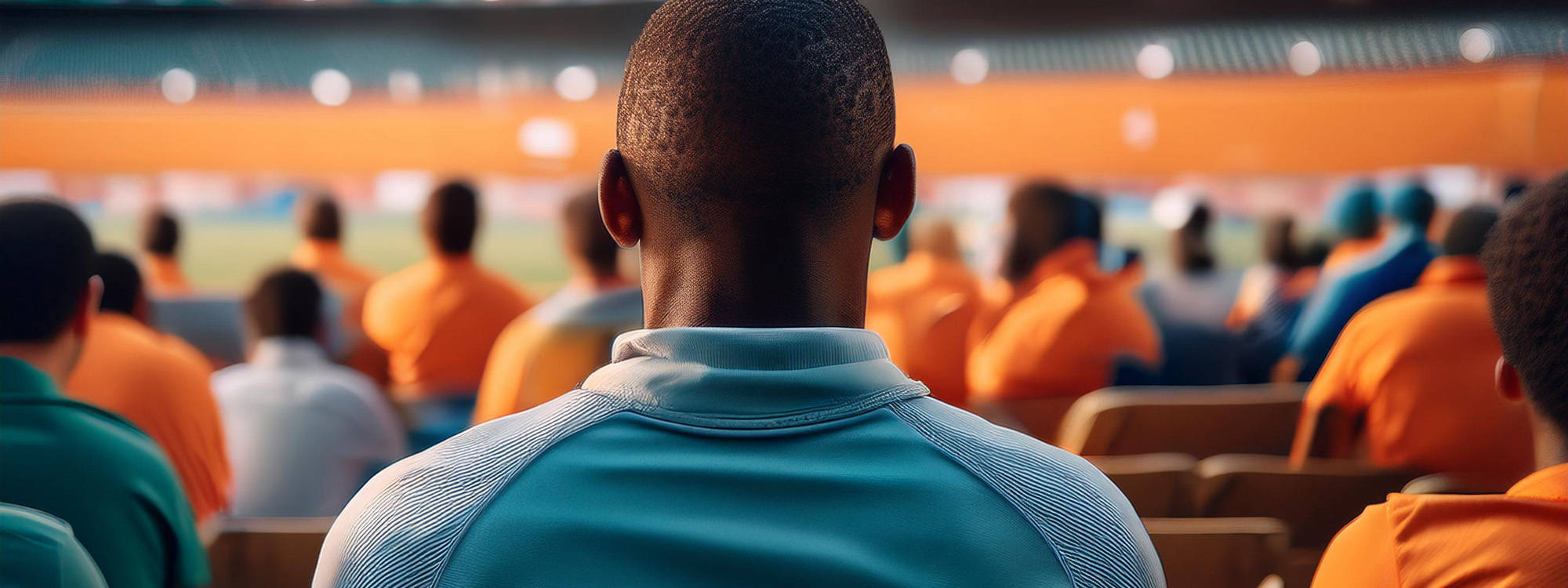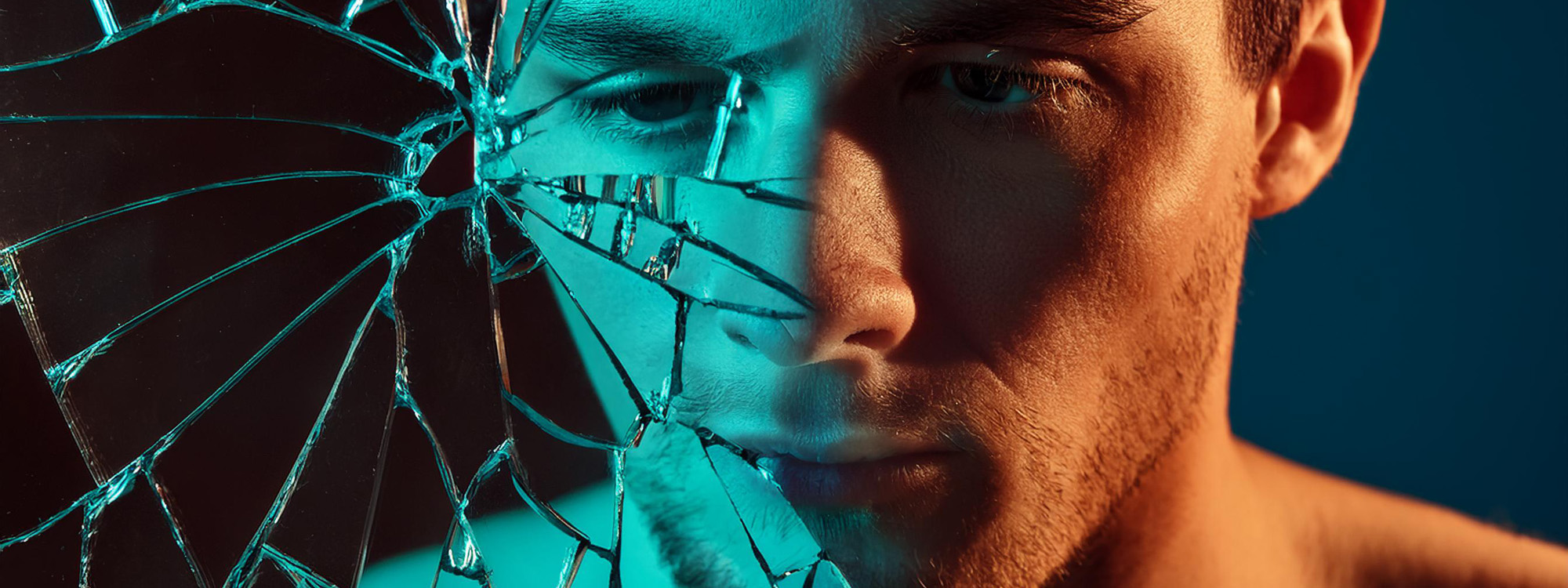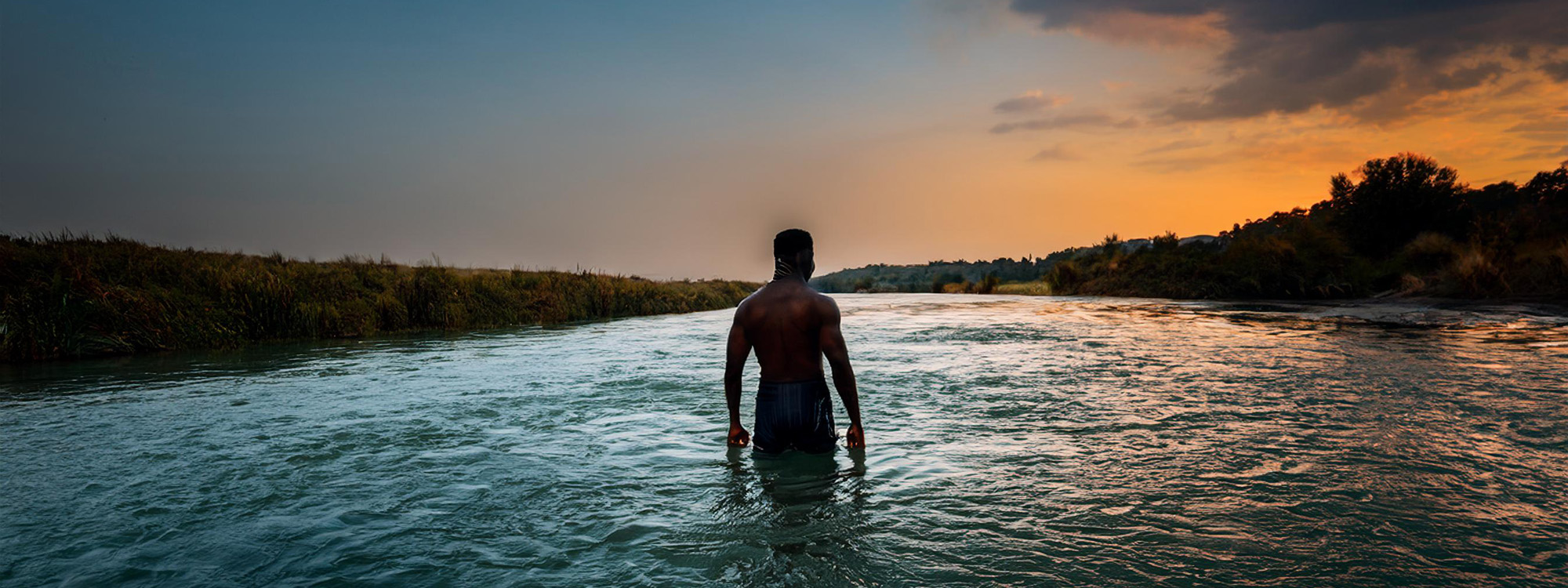| |
So far I've looked at the child's visible reaction in CP, and the activity that is being shown. Ethan Edwards is the co-founder of Virtuous Pedophiles. Blog posts reflect his personal views, and are not statements from the organization. So far I've looked at the child's visible reaction in CP, and the activity that is being shown.CP also varies in terms of the age of the child involved — from infants to 17-year-olds. Infants will suffer less to the extent they have no idea what is going on and will be to re-evaluate later. Post-pubescent minors are often doing something that people of that age naturally have a desire to do, though not publicly and only with people of their choosing. Let me emphasize again that I'm not saying that making this material is OK, just that these are things that distinguish it from the worst.
CP also varies in terms of how much agency the child has. Obviously some children have absolutely no choice and hate the adults involved. Others might be willing to do something mildly unpleasant to please adults who have otherwise been kind to them, such as their parents or surrogate parents — though they may feel betrayed as they grow older and understand the context). Others might choose it — the word is that girls who are the subjects of child modeling material are often keenly disappointed when they become too old and the attention and fancy clothes come no more. One can also imagine children who get involved freely — for instance if a friend is involved and they decide to join in an activity that is exciting because it is forbidden.
I assume that in most CP the child is identifiable. But in close-up shots of genitals, for instance, the child would not be. Some adults who appeared in CP as a child indicate distress that people witness their abuse. Presumably this is far less or entirely absent if no one can tell who they are.
One can imagine CP made with a child who is unaware of what is happening — for instance, they are asleep. This would seem to be a lesser crime.
Another way to evaluate CP is the source. I can see no merit whatsoever in prosecuting a minor who posts sexually explicit material of himself or herself. If it was coerced by an adult, then consider prosecuting the adult.
I heard a report of a new kind of self-posted pornography — girls of 12 or so who filmed their own bodies as they masturbated to orgasm. If they are not identifiable, I can see no harm. If they are, then the proper remedy might be parental sanctions as for any other unwise adolescent behavior.
The CP could have been made last week, or 20 years ago.
For CP made some time ago, we can consider how the children in the CP think about it now that they are adults. They surely differ in their evaluation of what happened. Some suffer terribly and seek restitution from viewers. Some might agree it was a grave crime but in fact it didn't bother them that much — or at all. Some of a liberal bent might maintain that they didn't mind and that it shouldn't be illegal. Some who sympathize with lifelong celibacy of pedophiles might even like to give permission to pedophiles to look at their material.
That ends my listing of aspects of variability in CP.
What's the point of this multipart dissection of CP?
Pedophiles are widely hated. CP is usually produced with pedophiles as the intended audience. Some of it is truly horrible, such as painful rape of a small terrified child. It is an easy, consistent picture to think of all CP as equivalent as the worst kind, and to assume that the hated pedophiles love this hated material.
tells us that CP with unhappy children is rare and unpopular. CP apparently often arrives in collections. If a little is the worst kind, a pedophile's sentence can be lengthened accordingly. News reports will say "some of it of the worst kind". But what do we know for sure? Even if he viewed it, he might have been looking at that portion with fascinated horror and no arousal, while he only became aroused at the tamer material.
I have argued on civil liberties grounds that simple CP possession should not be a criminal offense. That won't happen for a long time, but hopefully some people would be open to reconsider how serious a sentence to impose. Fundamentally we gear criminal penalties to how horrible a crime was. We may feel intense horror that a man would view a child suffering and find it sexually arousing. But how horrible a crime is it to enjoy a naked child striking sexy poses? Or a child masturbating? Or to look at material that a minor posted of her own free will?
In simplest terms, it's better to understand something in detail rather than as a single black box that carries the emotional weight of the very worst of its contents. Wouldn't it be good if selected journalists and scientists could study in detail what sorts of CP exists, what is popular, and what is involved in a particular criminal case? Full disclosure to the public would violate the victim's rights to privacy, but an open judicial process requires letting selected independent parties evaluate it.
I also invite a discussion. What dimensions have I missed? What aspects are very rare and what are common? How do your moral evaluations of these examples differ?
This is the final post of my series of four on CP.
About the author: Ethan Edwards is a pseudonym. I am a pedophile, always celibate, and I have never seen child pornography. My attraction is strongest to girls around 4 years old, but I am also attracted to girls and women up through their 30s or beyond. Now in my late 60s, I'm divorced and living alone. I was married for over 10 years and was heavily involved with raising my 3 daughters. For most of my career I was a successful software engineer. I am very unusual for a pedophile in that I didn't realize that I was one until I was in my 50s—but it was there all along. I am angry that we all must remain silent or risk losing everything. That was my mindset when I co-founded Virtuous Pedophiles in 2012. I soon learned of the the terror of the typical pedophile who realizes as a teenager that his attraction isn't going to go away, who has nowhere to turn for help. The injustice I am most passionate about is the harsh legal penalties imposed on pedophiles who passively view illegal images of children. I stepped down from my role as a director of Virtuous Pedophiles early in 2024 and am delighted to pass the mantle on to a younger generation. This content was taken from Ethan's longstanding blog, Celibate Pedophiles. Some of the titles and taglines have been edited for their inclusion at thepword.
You can see an earlier version of the blog at the wayback machine. | |






 thread: pedo-hunters
thread: pedo-hunters virtuous pedophiles for dummies
virtuous pedophiles for dummies unparalleled legal uncertainty of cp
unparalleled legal uncertainty of cp